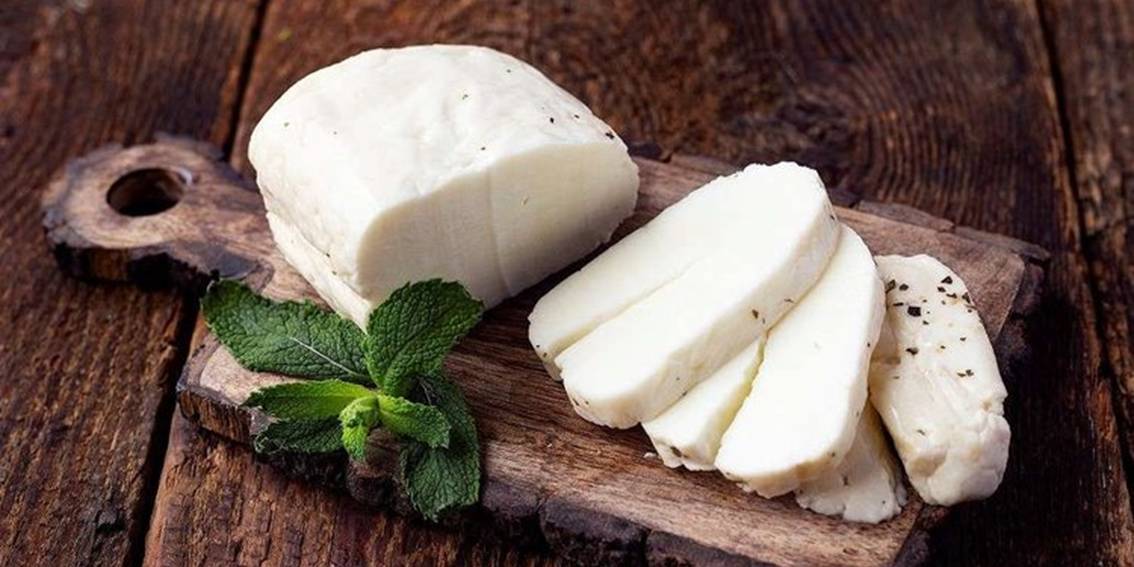Halloumi Cheese Global Popularity at Risk
Authentic Cyprus halloumi cheese, Cyprus’s prized export, faces growing trade challenges. The US imposed new tariffs on EU dairy products. The EU enforces stricter labeling rules. Both moves threaten halloumi’s booming international sales.
US Tariffs Strike EU Dairy
In 2021, the US slapped 25% tariffs on EU dairy, including halloumi. The tariffs responded to the Airbus-Boeing trade dispute. Cypriot exporters saw immediate cost increases. American importers now pay more for halloumi. Some US buyers seek cheaper alternatives.
EU’s PDO Rules Tighten Control
The EU granted halloumi Protected Designation of Origin (PDO) status in 2021. Only cheese made in Cyprus with specific methods qualifies as halloumi. The rules demand 51% goat and sheep milk. Many Cypriot producers still use more cow milk. They now face costly production changes.
Cyprus Producers Struggle to Adapt
Small dairy farms dominate Cyprus’s halloumi industry. Many lack enough goat and sheep milk. Switching recipes requires expensive farm upgrades. Some fear they cannot meet PDO standards. Non-compliant cheese loses the valuable “halloumi” name.
Export Growth Slows
Cyprus halloumi cheese sales grew 20% annually before 2021. Last year’s growth dropped to 8%. The UK, Germany, and Sweden remain top buyers. US demand weakened after tariffs. Some Cypriot companies report order cancellations.
Political Tensions Complicate Trade
Cyprus’s division affects halloumi production. Turkish Cypriot makers oppose PDO rules. They argue the rules unfairly favor Greek Cypriot producers. The EU recognizes only Greek Cypriot halloumi. This leaves Turkish Cypriot cheese locked out of key markets.

Farmers Warn of Job Losses
Cyprus’s agriculture minister warns of rural economic damage. Over 10,000 jobs depend on halloumi production. Small farms may close without government support. Dairy cooperatives urge faster transition aid.
Consumers Face Higher Prices
Import tariffs push US halloumi prices up 30%. Some specialty stores stop stocking it. British supermarkets report occasional shortages. EU customers may soon pay more as production costs rise.
Industry Seeks Solutions
Cypriot producers lobby for:
US tariff exemptions for halloumi
Extended PDO transition periods
More funding for milk farm upgrades
Better promotion in new markets
Global Cheese Competition Grows
Other brined cheeses gain market share. Turkish hellim undercuts halloumi prices. Bulgarian and Romanian cheeses offer cheaper alternatives. Authentic halloumi risks losing its premium status.
Cultural Heritage Under Threat
Authentic Cyprus halloumi cheese represents Cypriot culinary identity. Families have made it for centuries. Trade barriers endanger this tradition. Younger generations may abandon dairy farming.
What’s Next for Halloumi?
The cheese faces its toughest challenge yet. Producers must adapt quickly to survive. Without tariff relief or flexible PDO enforcement, Cyprus could lose its signature export. The world’s love for squeaky cheese hangs in the balance.




